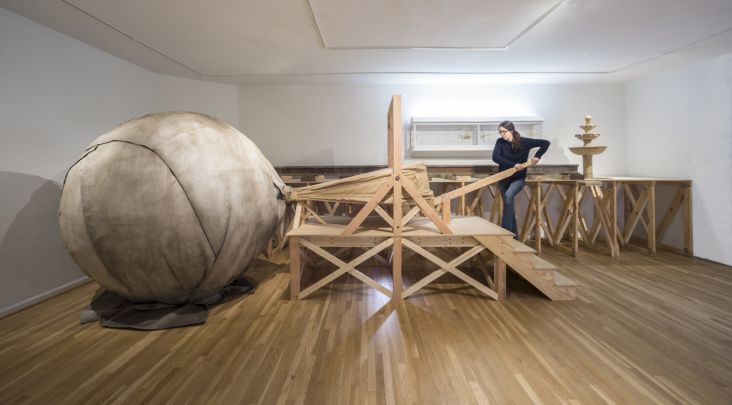Six surprising ways to challenge yourself creatively from home
So you've decided to become more creative. Congratulations. Now, where do you start? Obviously, you could try the "Batman/Bruce Wayne" route, in which you disappear from your everyday life, scale a remote mountain and learn mystical arts for years before returning home a changed person.
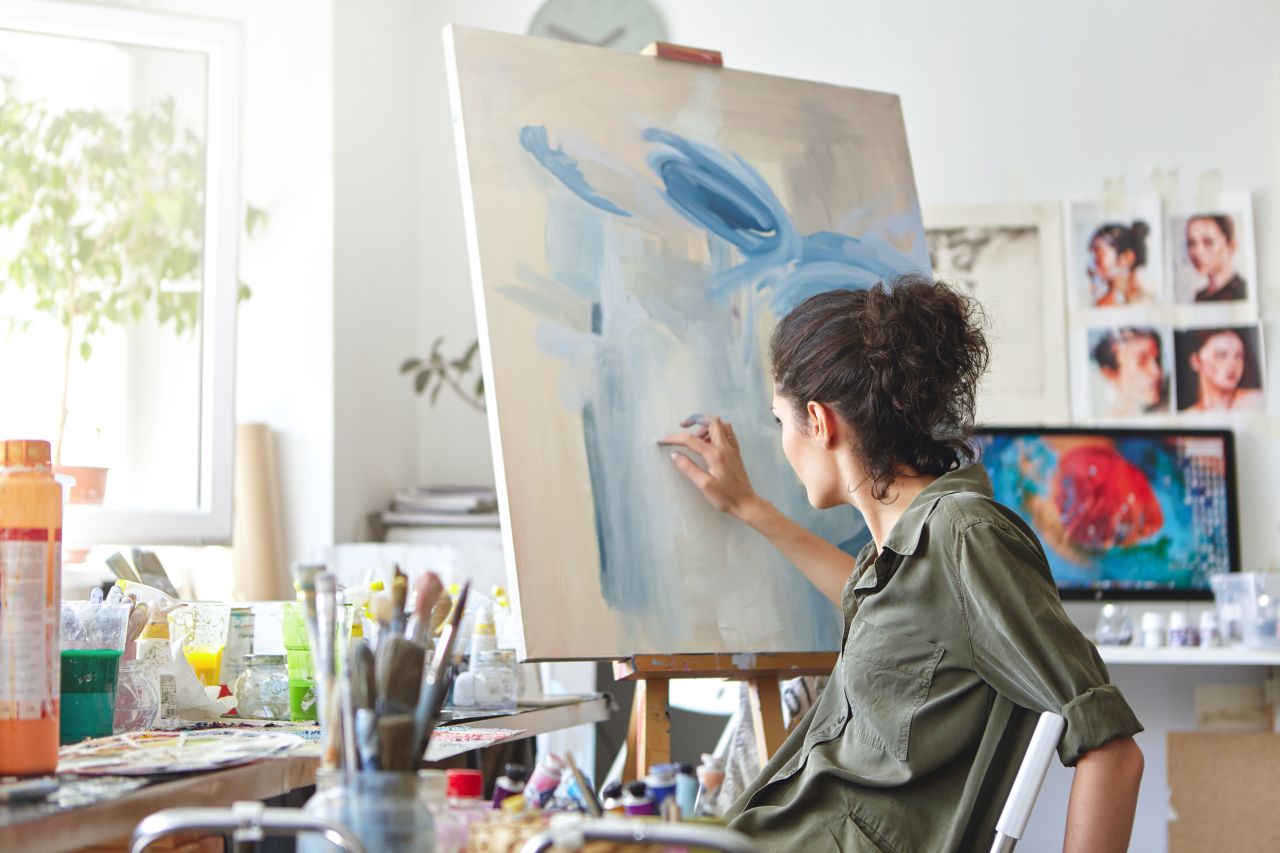
Image licensed via Adobe Stock
But, quite frankly, you're still halfway through a broadband contract you can't cancel, and you promised Jim you'd be at his wedding in April. So how do you go about doing it without the dramatic gestures?
1. Add by subtracting
Sometimes having all the choice in the world isn't what it's cracked up to be. Faced with an almost infinite range of options, we often opt for the tried-and-trusted and don't leave our comfort zone.
By putting restrictions on yourself, you often find that you come up with more interesting results. Sick of falling back on petrol station ham and cheese sandwiches for lunch? Deliberately cut meat or bread out of your diet for a month and you'll have no choice but to try different and more interesting recipes.
Need to shake up your writing? Ban yourself from writing more than 150 words at a time, or compose only haiku. Want to focus your photography? Spend a month shooting only faces or black and white images.
2. Do a course
University might seem like a pretty large commitment for many, but there are several distance learning courses that allow students to get feedback, interact with fellow learners, and push themselves without giving up their jobs.
A distance learning course can be much more affordable than full-time study. Many offer the opportunity to work in your own time, but still ask you to take the course seriously – which means you've got to make time to study and practice. If you're the sort of person that finds themselves pushing their creative ambitions further and further down their to-do list, this could give you the extra push to get going. It's also a great opportunity to get one-to-one time with expert tutors and meet people with similar interests.
The Open College of the Arts, for example, offers a range of creative courses in subjects such as creative writing, drawing, graphic design, photography, music, painting and sculpture.
3. Challenge yourself publicly
Here's a good way to get yourself moving: Introduce peer pressure. When we make bargains with ourselves, we often let ourselves off easy. Don't feel like painting for an hour today? Oh well, it's been a busy week. Maybe tomorrow.
By announcing a challenge publicly, you put a bit of pressure on yourself to actually deliver. And you involve a whole bunch of friends and well-wishers that can help keep you honest.
Deadlines can be an amazing motivator. Maybe you want to teach yourself to draw a portrait of your daughter before her upcoming wedding, or perform standup in front of strangers in a couple of months.
There are all sorts of challenges you can set yourself. Make something that inspires you, or copy something someone else has done before. North Carolina-based wedding photographer Dale Foshe invited people to participate in his 52-week photo challenge, in which every week would bring a new task – from capturing a water drop to photographing fear. The challenge was designed to hone a photographer's artistic and technical skills. Or try the 52 Project from Jo Bell and write a poem a week.
Software developer and designer Stef Lewandowski made a decision a few years back that he would challenge himself to "create something every day". It didn't matter so much what that "thing" was, but the process focused him to try new things and to be less precious about what he put out there.
"I think the biggest thing is that by making this part of my daily routine, it’s affected all areas of my life", he says. "It keeps me interested and connected with other people around me."
4. Steal
If you're interested in learning a new skill, why not copy someone who's done it already? TS Eliot famously said: "Immature poets imitate; mature poets steal; bad poets deface what they take, and good poets make it into something better, or at least something different."
No one likes plagiarism. But stealing can be an extremely useful part of the artistic process. Many musicians, painters and writers start off by mimicking the style of others, and slowly developing their own personality from there.
If you're interested in learning music, sometimes the most enjoyable way is to try and learn songs you really like. If you're looking to master a certain painting style, try to reproduce the work of a much-loved artist - or at least copy their style. If you're trying to do something interesting with your writing, try describing the same simple scene in the style of five different distinctive authors.
Austin Kleon offers some excellent advice about how to push yourself creatively in his book Steal Like An Artist. These include "Write the book you want to read" and "Don't wait until you know who you are to get started".
This American Life host and producer Ira Glass says that most creative and artistic people go through a phase where they have the taste to know that their own work doesn’t quite measure up yet. And the best way to get over it is to keep putting things out there.
“We know our work doesn’t have this special thing that we want it to have. We all go through this”, he says. “And if you are just starting out or you are still in this phase, you gotta know its normal and the most important thing you can do is do a lot of work. Put yourself on a deadline so that every week you will finish one story. It is only by going through a volume of work that you will close that gap, and your work will be as good as your ambitions.”
5. Raid YouTube
Let's face it: If you've been working from home for any significant period of time, there's a pretty good chance you're on here already. People lose whole afternoons to the internet's giant library of videos, so we might as well get something interesting out of it, right?
If you're looking to learn something new, there's most likely a video out there for you. You might want a broad introduction to a subject such as sculpture or photography, or a solution to a specific problem - such as how to warm up your singing voice.
With the advent of Facebook Live, live-streaming is also far more popular. There's a chance that you may be able to get one-to-one advice from people in the know, rather than post a comment on a video or message board that might not get read for days.
6. Find people
Being creative doesn't have to be a lonely pursuit. Many creative people find inspiration and support in groups, even when they're considered established and successful.
Author Chuck Palahniuk is an international hit thanks to books such as Fight Club, but he still participates in a writer's group every week. The group offers feedback on work and helps other writers to get over tricky issues they're facing in their latest scene.
"I learn every week that I'm not the only person doing this job, that I am not completely alone in this task", he says. "We have a sense of community every single week. It gives us that perspective."
There are many different ways to share and interact with others. Physical groups are still popular, but creative people are discovering all sorts of ways to gather and discuss ideas. For example, Allison Sadler established the #makeitsewcial hashtag on Instagram to bring people together around shared interests.
So don't be afraid to seek out a community, whether you're just starting out in your art or making a healthy living from it. Find groups, message boards and social communities. Join a creative group. Talk to people about what you're doing, and share your own experience. You'll feel better for it.
This article was written by Paul Vincent, who has worked at the Open College of Arts since 2004 and is also studying the distance learning BA (Hons) Creative Writing degree with them. With a keen interest in scriptwriting and poetry, he also enjoys photography, surfing (when it's warm), and driving his rusty old VW campervan (when it's working).
The Open College of the Arts offers distance-learning courses in subjects such as fine art, photography, music, graphic design, creative writing, sculpture and film. It is part of the University for the Creative Arts. To find out more, go to www.oca.ac.uk.

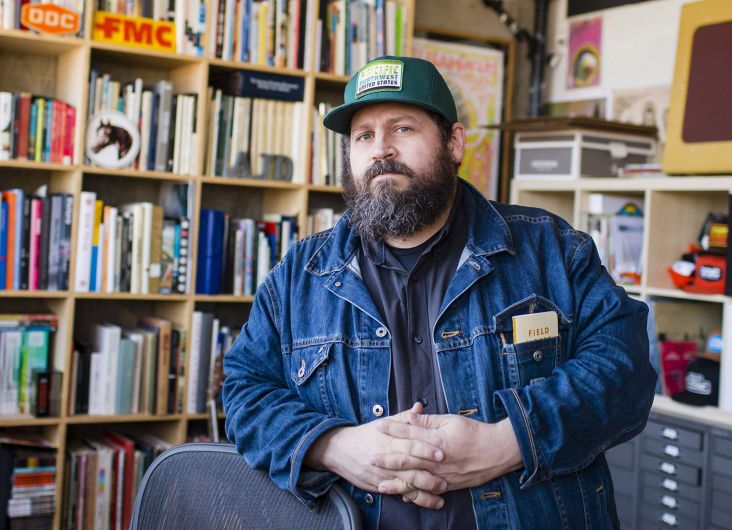

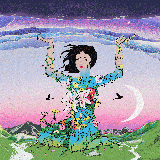
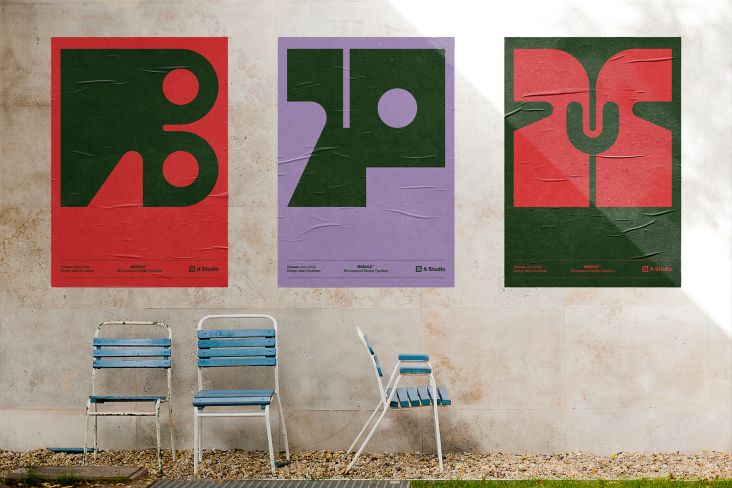
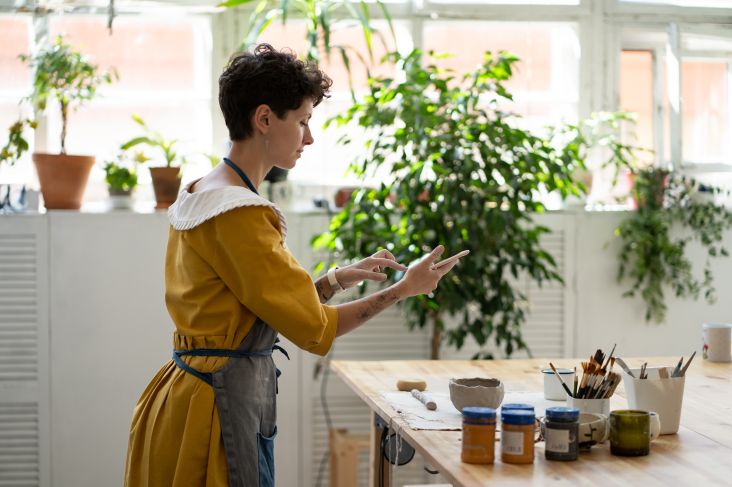
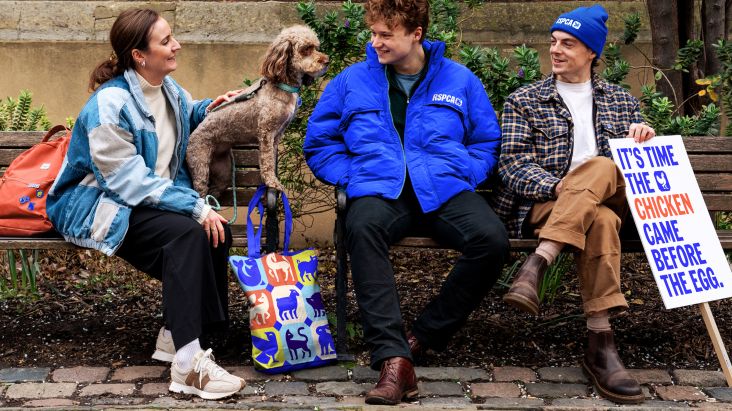
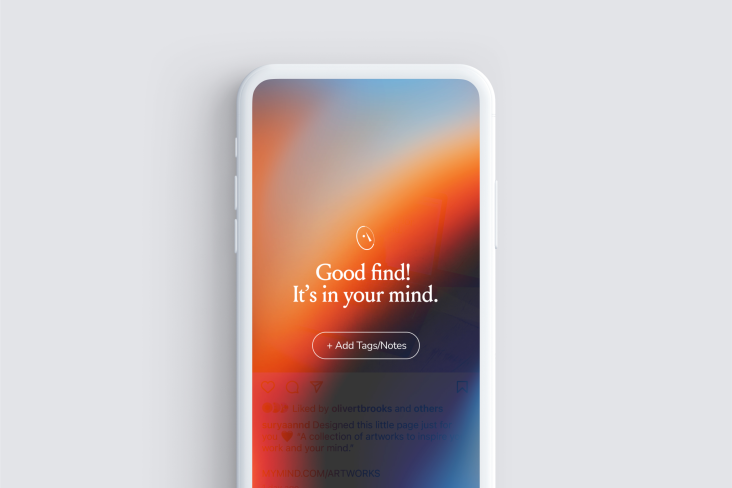
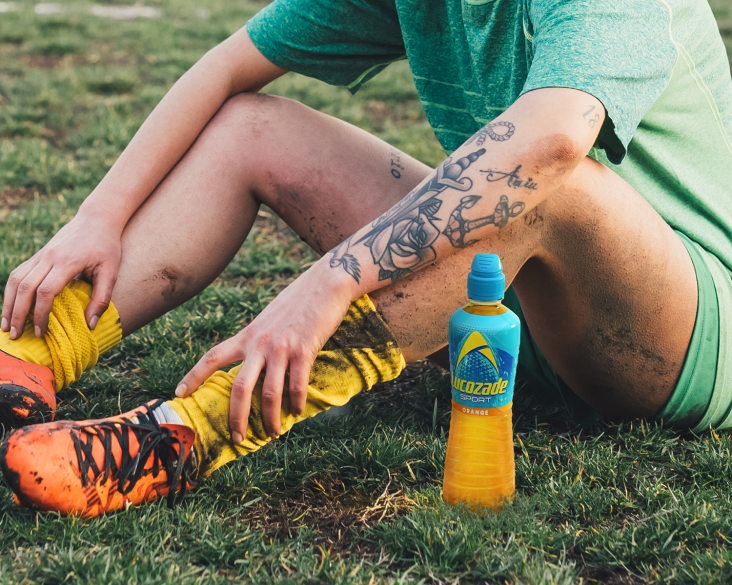
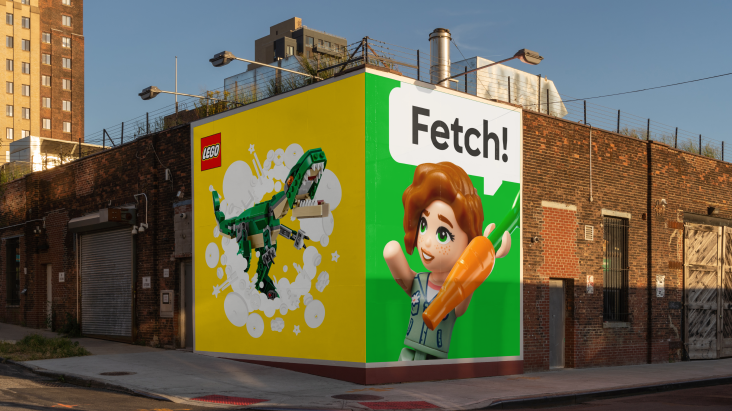

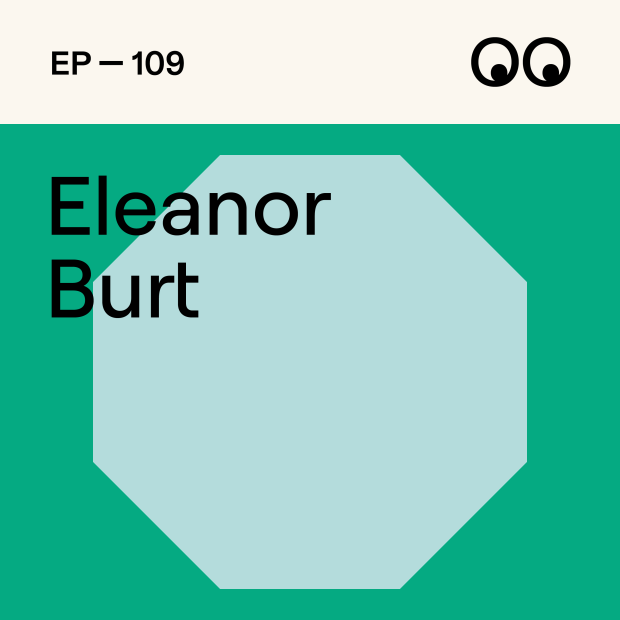
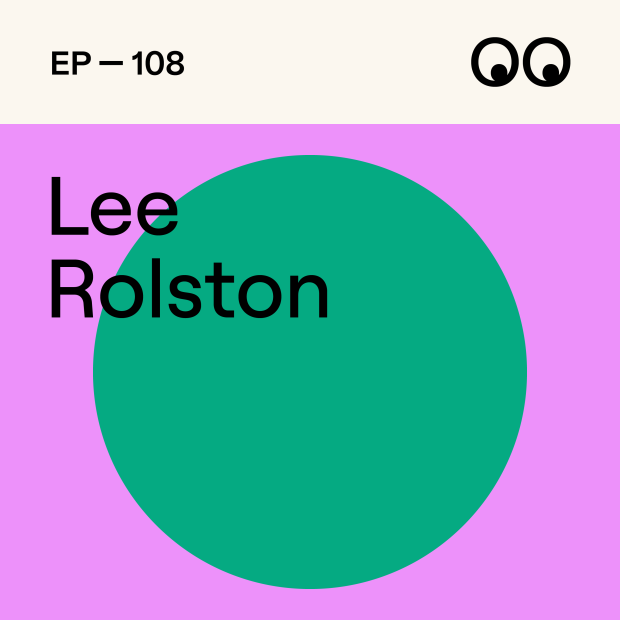
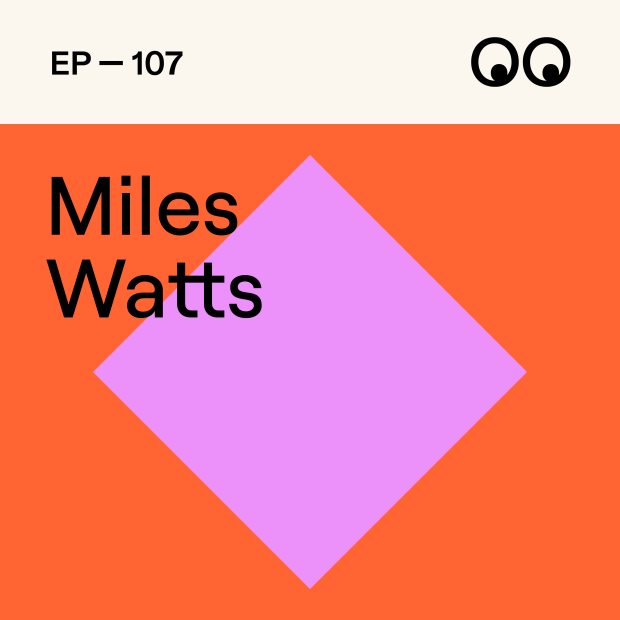

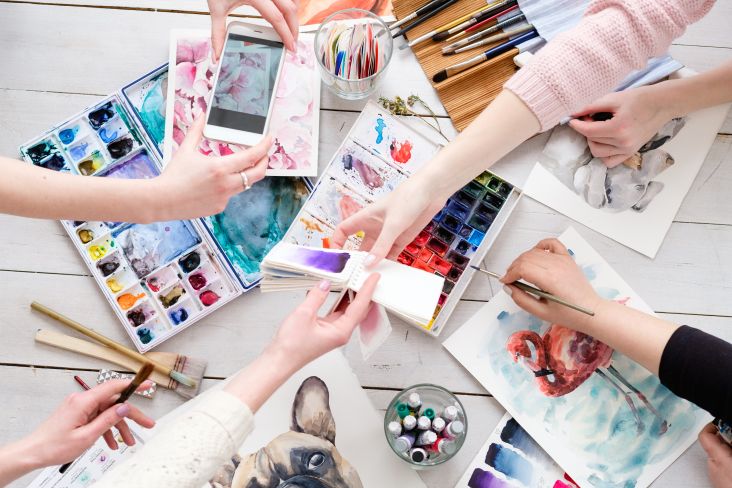
 | All other images courtesy of The Photography Show, and their respective copyright owners](https://www.creativeboom.com/upload/articles/f9/f9e528c50e4e9bf48151f6b728c876d33f92fc0c_732.jpeg)
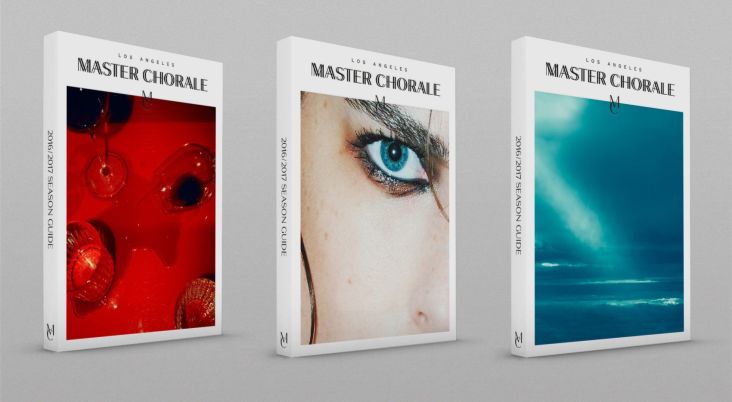
](https://www.creativeboom.com/upload/articles/cc/cc0ee63cefda7fdc9dc3ff824d40aeaf4947e62e_732.jpeg)
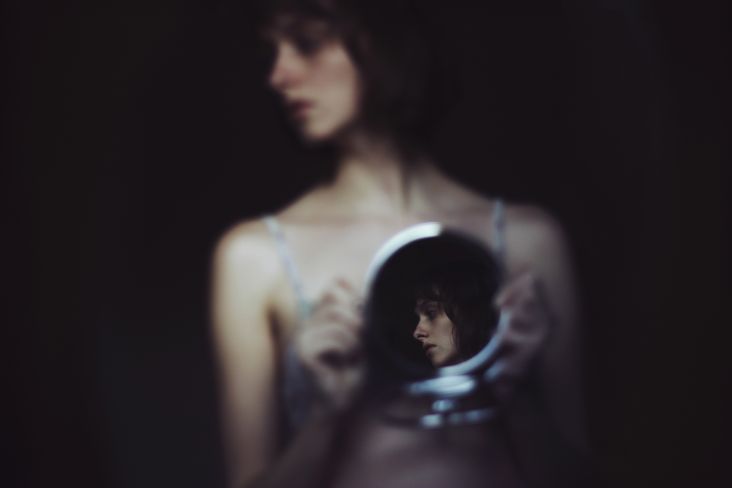
](https://www.creativeboom.com/upload/articles/b8/b80f23e91d339a21ea21225021f71fcafde53bed_732.jpg)
